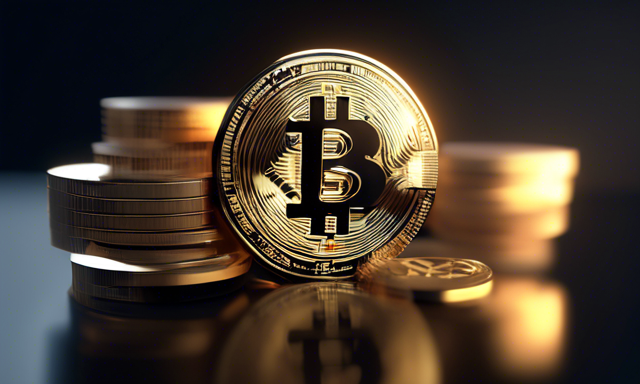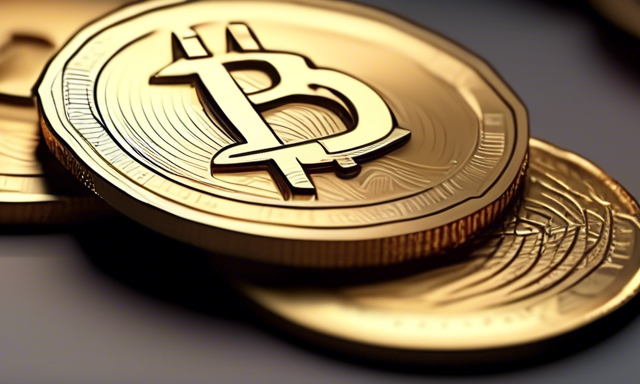The SEC’s Intention to Modify Complaint Against Binance and Crypto Assets like Solana
The Securities and Exchange Commission (SEC) of the United States has announced its plan to amend the complaint against Binance to include specific allegations related to third-party cryptocurrencies, such as Solana (SOL). This action signifies a significant progression in the realm of regulating digital assets by the regulatory body.
The Initial SEC Complaint and Key Allegations Against Binance
- The original complaint filed by the SEC against Binance in June 2023 contained multiple accusations of breaching securities and commodities laws.
- Main charges included running an unregistered stock exchange, lacking proper Anti-Money Laundering (AML) controls, and misleading investors about platform operations and trading volumes.
- The focus of the complaint was primarily on Binance and its executives, including former CEO Changpeng Zhao.
The Inclusion of Third-Party Tokens and Regulatory Pressure
- Third-party tokens refer to digital assets issued by companies other than Binance, such as Solana (SOL).
- Initially excluded from the SEC’s complaint against Binance, these tokens are now under scrutiny due to mounting regulatory concerns.
- The SEC’s decision to include specific charges related to these third-party assets stems from increased regulatory pressure and concerns over their nature and usage.
The Significance of Registration and Implications for Binance
- SEC registration for a security involves disclosing detailed information about the issuer, the security, and associated risks, aimed at safeguarding investor interests.
- Failure to register a security can lead to severe legal consequences for the issuer and intermediaries.
- If proven that third-party tokens on Binance’s platform are unregistered securities, the exchange may have to delist them, impacting its trading asset offerings and potentially facing legal penalties.
Binance’s Response and Regulatory Landscape
- Binance has refuted the SEC’s claims, asserting its commitment to compliance with local laws across jurisdictions it operates in.
- The platform highlights its initiatives to enhance transparency and security, including stringent AML measures and collaboration with regulators.
- Regulatory scrutiny on digital assets, exemplified by the Binance case, underscores the increasing focus on cryptocurrency regulation to protect investors and ensure market stability.
The Growing Regulatory Challenges for Crypto Industry
- The evolving regulatory landscape indicates ongoing investigations and potential legal actions against cryptocurrency platforms and token issuers.
- Regulatory authorities, like the SEC, are intensifying efforts to regulate digital assets to bolster investor protection and financial market stability.
The Impact of SEC’s Adjustments on Binance and the Crypto Market
The Securities and Exchange Commission’s intention to adjust the complaint against Binance to encompass specific accusations regarding third-party tokens signifies a significant stride in digital asset regulation. This shift underscores the escalating regulatory focus on securities compliance and investor safeguarding within the cryptocurrency sphere. As this case progresses, the cryptocurrency industry will encounter new hurdles and adapt to the changing regulatory landscape.





 By
By
 By
By

 By
By
